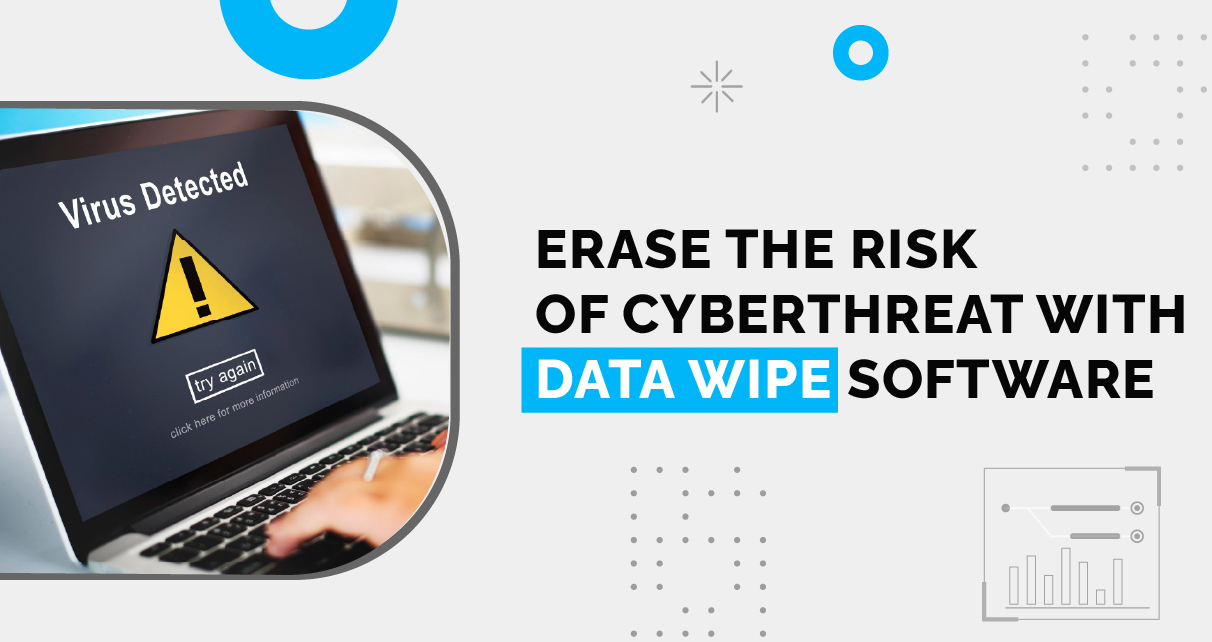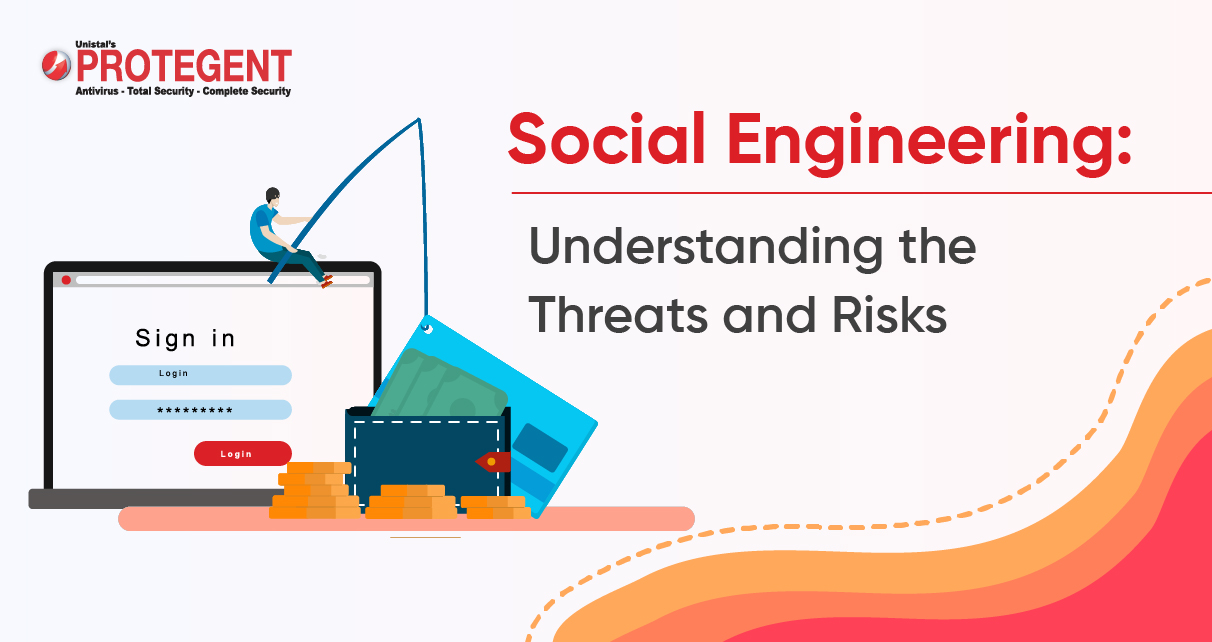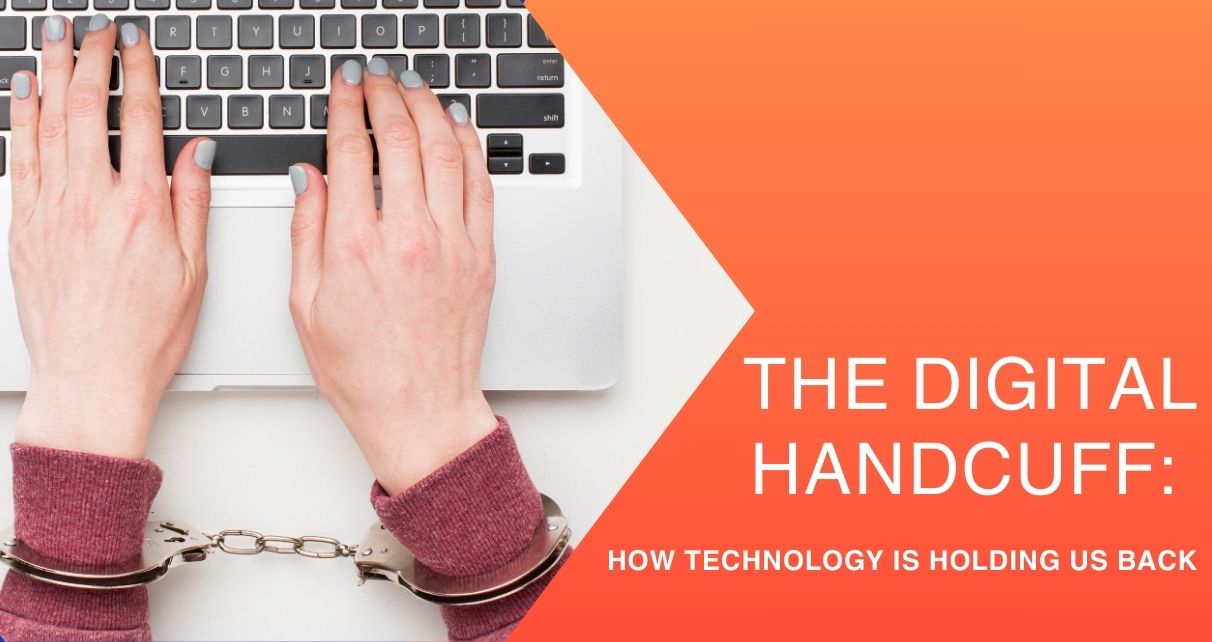Data Disaster Awaits: Are You Ready to Comply with India’s DPDP Act?
Are you confident your organization manages data according to India’s new DPDP Act? With data breaches on the rise—over 70% of organizations reporting incidents tied to improper data disposal—this question has never been more pressing. As personal information increasingly attracts the attention of cybercriminals, businesses bear a significant responsibility to safeguard that data. The Digital Personal Data Protection (DPDP) Act isn’t just another piece of legislation; it serves as a crucial reminder for organizations to reassess their practices regarding managing, storing, and deleting sensitive information. Let’s explore the importance of effective data wiping for compliance and how it can protect your organisation and customers. Understanding the DPDP Act The DPDP Act protects personal data by setting clear guidelines on collecting, using, and processing it. Key aspects of the Act include: Consent Requirements: Organizations must obtain explicit consent from individuals before handling their
Read More










